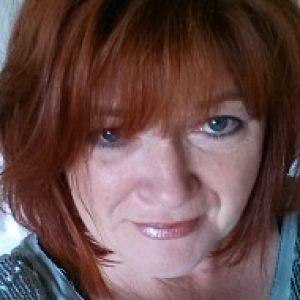Imperial War Museum North....100 yrs WW1
I was in Manchester and Salford hospitals for lots of today so detoured slightly down to The Quays . I thought a shot of the Imperial War Museum North would be an appropriate tiny little contribution to the commemorative nature of the day.
I didn't have much time, but the sun came out after a showery morning and caught the metallic edges of the building..the sky was gorgeous and then the barge appeared too.
It was actually studying War Poetry at the age of 14 for what was then O levels that switched me onto a life long love of poetry of many genres.
My favourite was Wilfred Owen, and my favourite of his " Strange Meeting", which still tightens my throat when I read it.
Owen's mentor and friend, Siegfried Sassoon was by far the more prolific poet and became notorious for his famous letter to Parliament and The Times " A soldiers Declaration" in 1917. He abhorred the reality of the war and the senseless barbarity ....his writing so openly and so against military authority meant he should be court marshalled. But the public reaction, and publicity feared, meant that instead he was sent to Craiglockhart...a psychiatric hospital in Scotland. (On the basis that for an educated man and officer to speak out against how the war was being conducted must surely mean he had gone insane). That's where he first met Owen, who was there suffering from shell shock. The story of this and the key relationship with the psychiatrists treating them is wonderfully told in Pat Barker's trilogy of novels " Regeneration". A great read to make you think if you like well researched factually based storytelling.
I always found it so sad that Owen returned to the front but was tragically killed in action on 4th November 1918 when the war was in its dying breaths. His parents received the news on 11 November...the day peace was declared. Sassoon took on the duty of editing Owens small collection of poems and getting them published.
The emotions of them could transfer to any war in any nation and any conflict and are not remotely nationalistic but rooted in humanity and what he called " The Pity of War....the Poetry is in the Pity."
- 0
- 0
- Panasonic DMC-GX7
- f/16.0
- 20mm
- 200

Comments
Sign in or get an account to comment.


